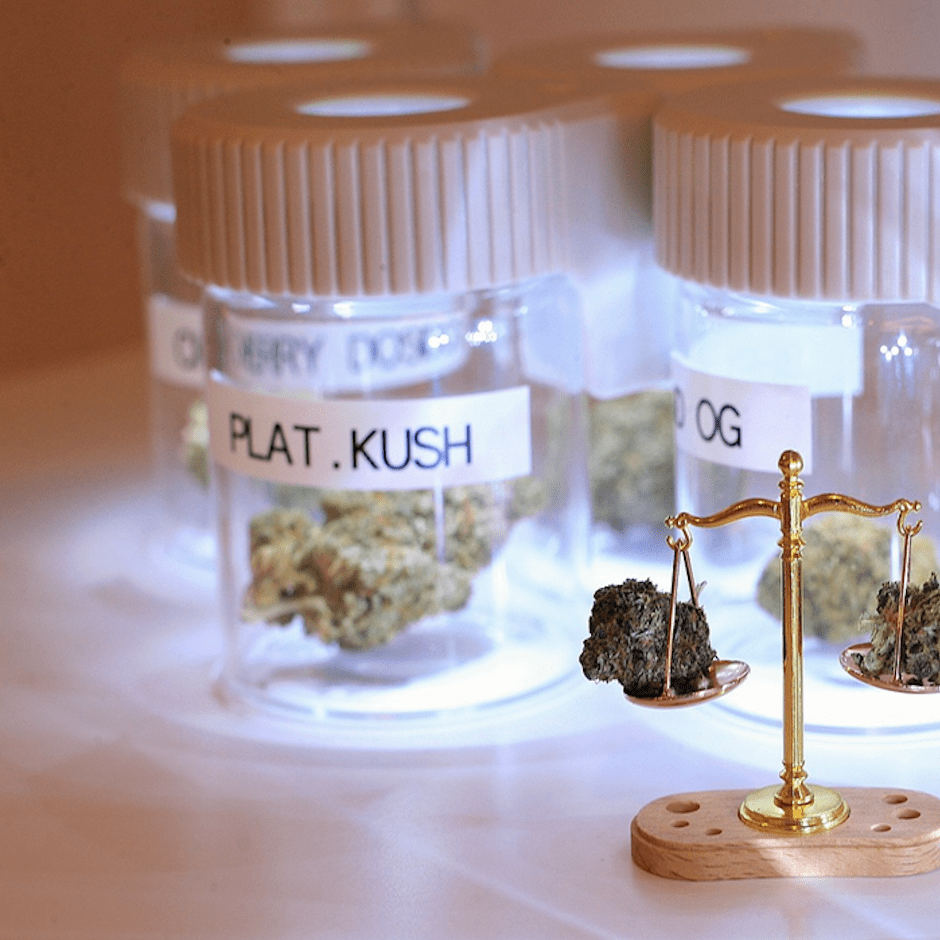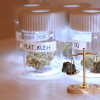Psychedelics have been used for thousands of years by various cultures for spiritual and healing purposes in natural medicine. Recently, scientists have shown a renewed interest in the therapeutic potential of psychedelics. Several studies have shown that these substances can be effective in treating psychological disorders such as depression, post-traumatic stress disorder (PTSD), addictions and anxiety disorders.
The main reason why psychedelics are potentially so important in modern therapies is the fact that they can lead to a change in consciousness and the way we experience the world. This change can help a person gain profound insights, process trauma and break negative thought patterns. It can be a therapeutic breakthrough for people who are stuck in their treatment.
Table of Contents
What are psychedelics?
Psychedelics are a group of molecular compounds known for their hallucinogenic and mind-altering properties. Examples of popular psychedelic compounds include psilocybin (the active ingredient in medicinal mushrooms), lysergic acid di-ethylamide (LSD) and dimethyltryptamine (DMT). These compounds affect neurotransmitters in the brain that are responsible for various aspects of our thinking, such as perception, emotions and consciousness.
Psychedelics in therapy
The role of psychedelics in modern therapies is essential because of their potential to break deeply embedded patterns and open new perspectives for people suffering from various mental disorders[1] . In therapeutic settings, psychedelics are often used in combination with psychotherapy to enhance treatment effectiveness.
Treatment of depression
There is growing evidence that psychedelics, especially psilocybin, show promising results in the treatment of depression. In pioneering studies conducted at Johns Hopkins University, participants who received psilocybin experienced significant reductions in depressive symptoms[2] . The ability of psychedelics to change people’s perspective and release emotional blocks may be crucial in combating depression.
Anxiety disorders and PTSD
Psychedelics are also being investigated as a treatment method for anxiety disorders and post-traumatic stress disorder (PTSD). Research has shown that MDMA, another type of psychedelic compound, can be effective in reducing anxiety symptoms in patients with PTSD. The unique properties of psychedelics can help break through long-term anxiety and trauma, giving people a chance for recovery.
Scientific studies on psychedelics
Over the past decades, numerous scientific studies have been designed and conducted to further investigate and understand the role of psychedelics in therapies. Some prominent studies have produced remarkable findings.
Johns Hopkins Psilocybin research
The aforementioned research at Johns Hopkins University, led by Dr Roland Griffiths, showed that psilocybin significantly reduced depressive symptoms. The studies were conducted on groups of patients with a life-threatening depressive diagnosis and showed that a single treatment with psilocybin could have long-term positive effects on depression and anxiety symptoms.
MAPS research on MDMA-assisted psychotherapy
The Multidisciplinary Association for Psychedelic Studies (MAPS) is currently conducting a series of clinical trials on the effectiveness of MDMA-assisted psychotherapy in treating PTSD. Preliminary results suggest that MDMA can help reduce symptoms of PTSD and release emotional bonds, paving the way for emotional recovery[3] .
[1] https://www.psychologytoday.com/us/blog/think-act-be/202309/how-magic-mushrooms-can-fix-depression
[2] https://www.hopkinsmedicine.org/psychiatry/research/psychedelics-research












